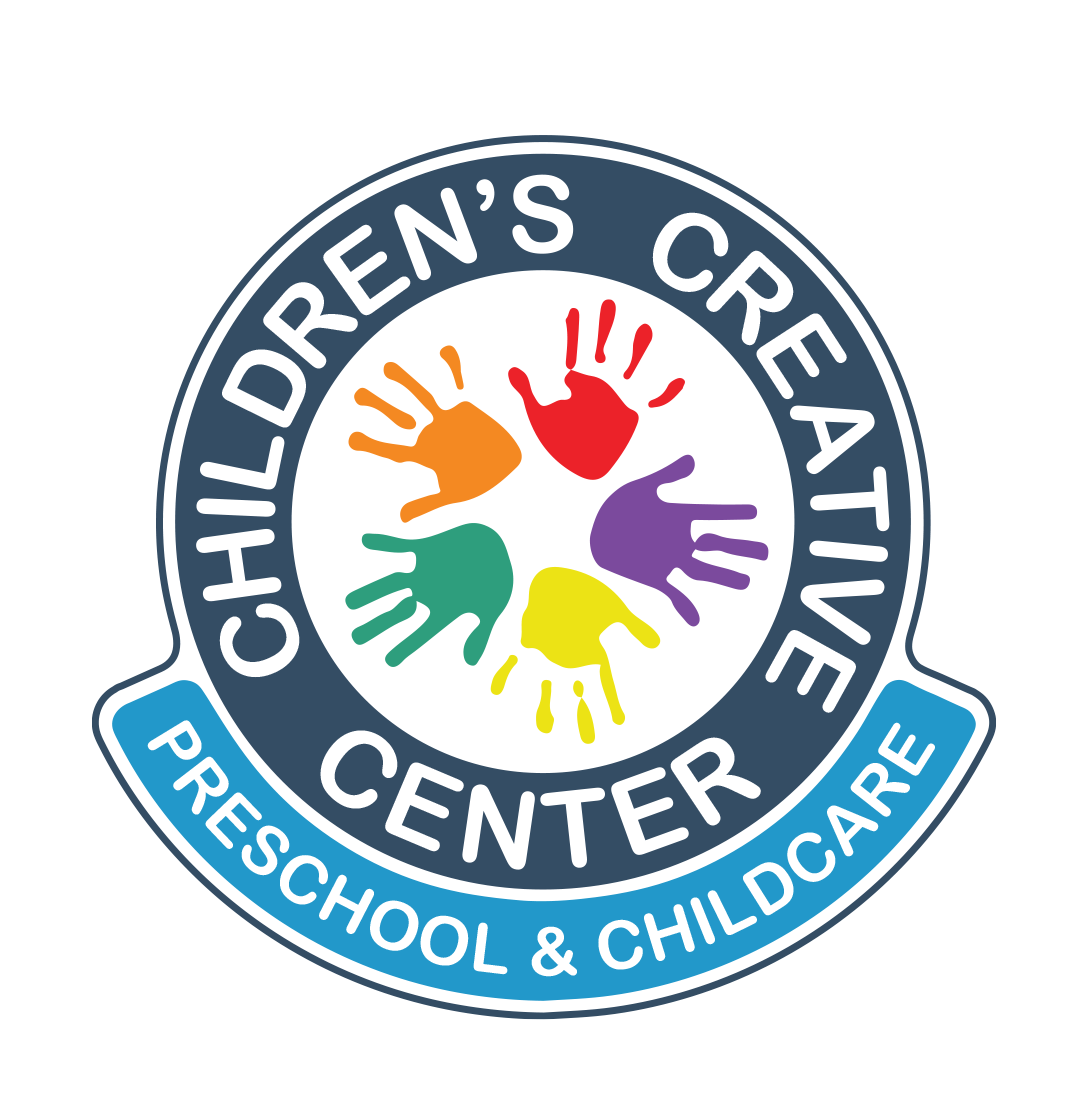Exploring Interests with Enrichment Courses
By: Anna Gately, Pre-Kindergarten Assistant Director
Exploring Interests with Enrichment Courses
Early childhood is a crucial phase in a child's development, where the foundation for lifelong learning and curiosity is laid. One effective way to foster a love for learning and exploration is through enriching activities tailored to a child's interests. In this blog post, we'll delve into the importance of exploring interests during early childhood and how enrichments can play a pivotal role in shaping a child's intellectual and emotional growth.
The Power of Early Exploration
Children are naturally curious beings, eager to discover and make sense of the world around them. Introducing enriching activities at an early age not only stimulates their cognitive abilities but also encourages a positive attitude towards learning. Whether it's music, art, science, or sports, these early explorations provide a solid foundation for skill development and a sense of accomplishment. Here at Children’s Creative Center, we enrich our schedules with culinary class, dance, yoga, music, S.T.E.M., spirit day, dedicating weeks to learning about different cultures around the world, and more.
Tailoring Enrichments to Individual Interests
Every child is unique, possessing their own set of interests and talents. Recognizing and tailoring enrichments to these individual preferences can significantly enhance a child's engagement and motivation. For example, a child inclined towards creativity might thrive in art-based activities, while a science enthusiast may find joy in hands-on S.T.E.M experiments, while another child drawn to physical activity may flourish in dance and yoga. By tapping into these interests, parents and educators can create a learning environment that is both enjoyable and educational.
Developing a Growth Mindset
Enrichments not only expose children to new interests but also instill a growth mindset – the belief that abilities can be developed through dedication and hard work. When children are encouraged to explore diverse activities, they learn to embrace challenges and view setbacks as opportunities for improvement. This mindset becomes a valuable asset throughout their educational journey and beyond.
Building Social Skills and Confidence
Participating in enrichment often involves collaboration and teamwork, promoting the development of crucial social skills. Whether it's working on a group project or performing in a recital, children learn to communicate, share, and support their peers. Additionally, successfully mastering a skill or completing a project boosts a child's self-esteem and confidence, laying the groundwork for a positive self-image.
Balancing Structure and Freedom
While enrichments offer structured activities, it's essential to strike a balance between structured learning and free play. Allowing children the freedom to explore their interests independently fosters creativity and self-discovery. The combination of structured enrichments and unstructured playtime creates a holistic learning environment that caters to the diverse needs of a developing mind.
Exploring interests through enrichment in early childhood is a powerful tool for shaping well-rounded individuals. By recognizing and nurturing a child's unique passions, we not only fuel their intellectual growth but also cultivate a love for learning that lasts a lifetime. As parents, educators, and caregivers, our role is to provide the right environment for these young minds to flourish, fostering a generation of curious, confident, and happy individuals.



